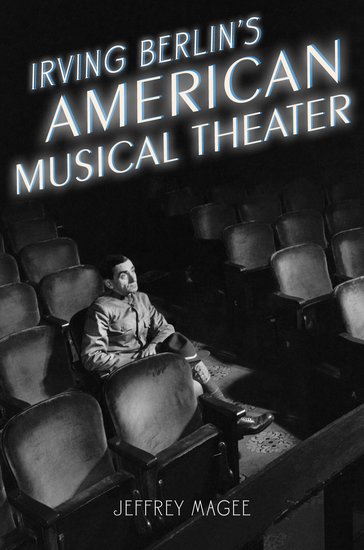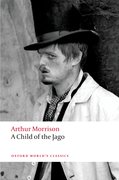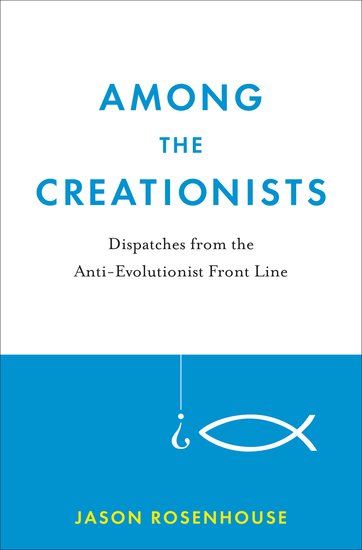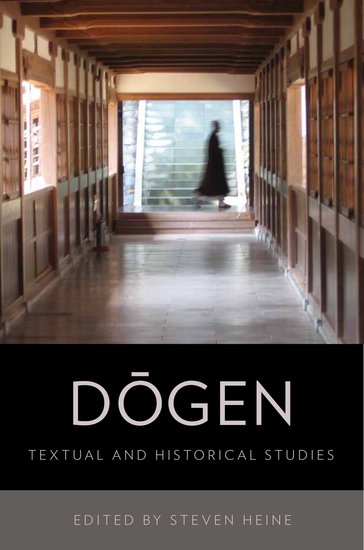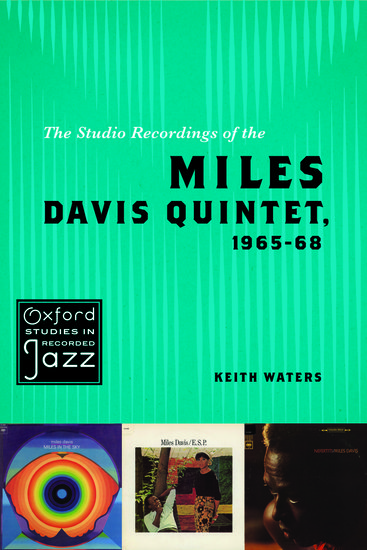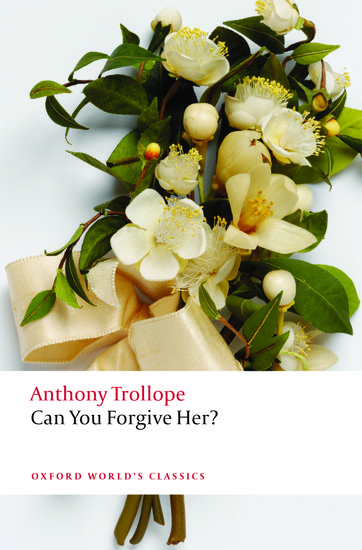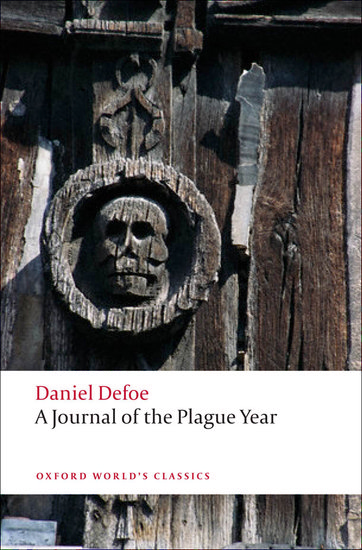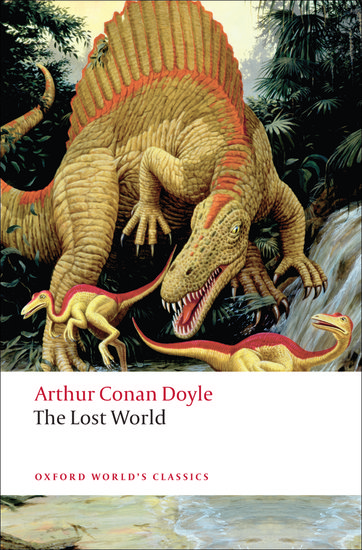Jane Austen, professional writer
By Kathryn Sutherland
As a novelist, Jane Austen dealt in the little things that loom momentous in the everyday routines of an ordinary life: preparations for an outing, the choice of partners at a dance, the chance for intrigue in a game of cards. What we know of her life is drawn to the same miniature scale: small facts and slender insights hoarded, vetted, and handed down by a protective family who memorialized and effaced their famous aunt in equal measure.



